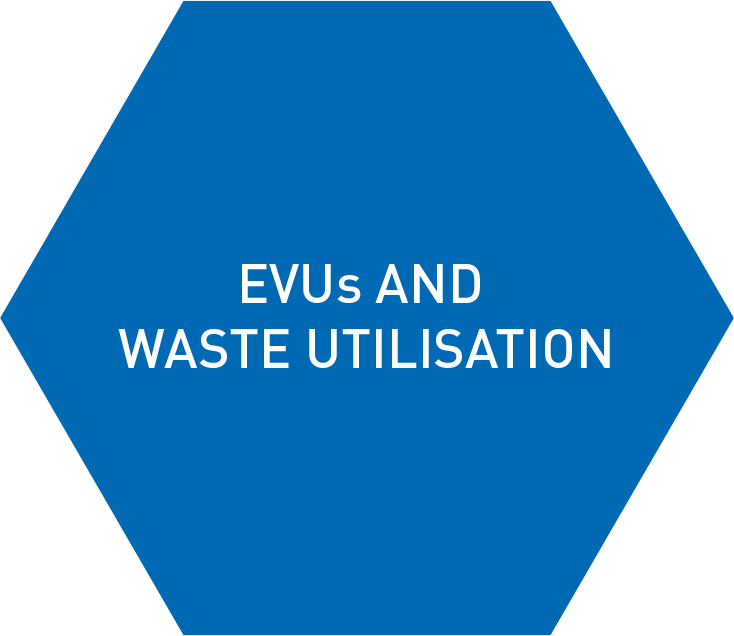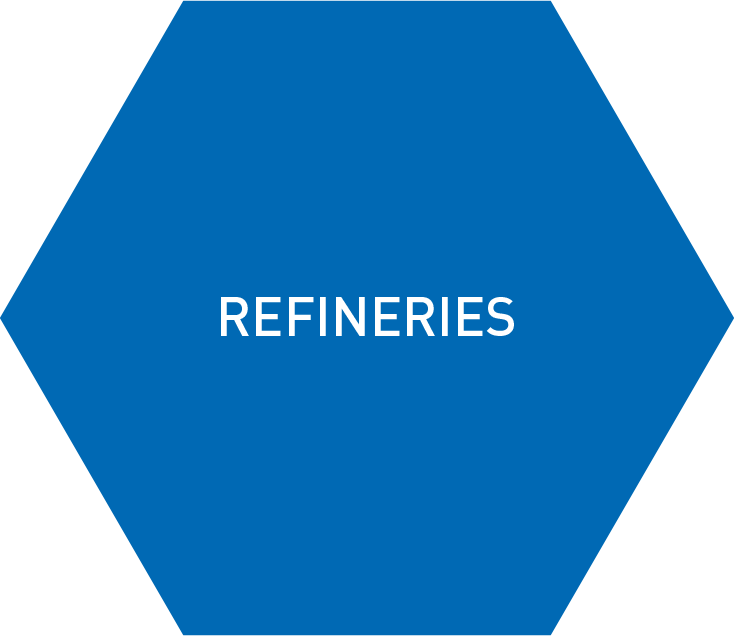Energy industry
The energy industry is an important industrial sector in Germany. Almost 1,000 companies are active in the energy supply sector throughout Germany. These include electricity and gas suppliers as well as providers of heating and cooling. They also include grid and pure power plant operators as well as service providers. Energy supply companies are often referred to as EVU for short.
In 2018, the energy sector generated a turnover of 615 billion euros (Federal Statistical Office). At the same time, it invested 18.4 billion euros in energy supply, including in power plants as well as in the infrastructure of energy networks. Around 496,000 people worked in the energy sector in 2018.
Source: EnBW ( website )
Local authority companies in Germany
They generate 66 billion kilowatt hours of electricity per year, provide heat in 20 million households with gas and district heating, and ensure that the lights don't go out with more than 808,000 kilometres of electricity distribution networks. Municipal enterprises know the needs and future challenges of their municipality, their citizens and the regional economy. Together with the municipalities, the municipal enterprises shape climate protection on site. In doing so, they keep an eye on the big picture. They invest in renewable energies and CHP to supply their customers with climate-friendly electricity and heat. At the same time, they support municipalities, citizens and industry in consuming less electricity and heat. Municipal companies connect electricity, heat, water, wastewater, waste and transport across sector boundaries. With intelligent supply and disposal concepts, municipal companies avoid CO2 and thus make their contribution to climate protection.
Source: VKU website
For the success of the energy transition, it is essential to fully utilise both finite fossil fuels and expensively produced renewable fuels such as biogas and hydrogen. We can no longer afford to waste usable energy. The German CHP Association therefore demands and promotes the expansion of highly efficient CHP, regardless of the type and size of the plants, the area of application and the energy source used.
At the same time, a growing share of CHP means a decentralisation of power generation away from inflexible large-scale power plants and towards quickly controllable district heating, local heating and property supply systems. Decentralising electricity generation not only enables a local stabilising reaction to the fluctuating feed-in from wind and sun, but also counteracts transport losses and the growing need for expansion in the electricity transmission grid. The associated shift of value creation to local companies from the areas of planning, construction, operation and maintenance of the plants leads to the involvement of the skilled trades and the strengthening of small and medium-sized enterprises. CHP thus not only increases the efficiency and resilience of our energy supply, but also secures and creates jobs.
Source: Bundesverband Kraft-Wärme-Kopplung e.V.
Our experts for your branch are waiting to meet you.
Just send us your message and your personal contact will get back to you.










